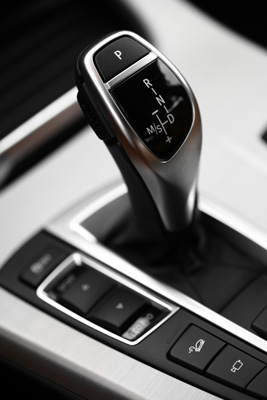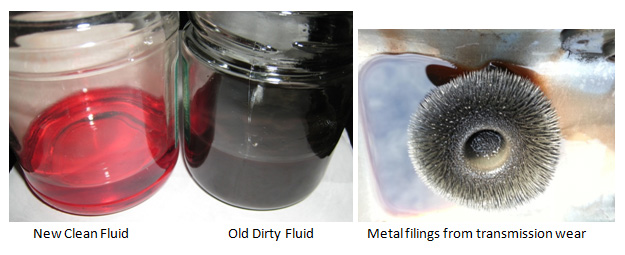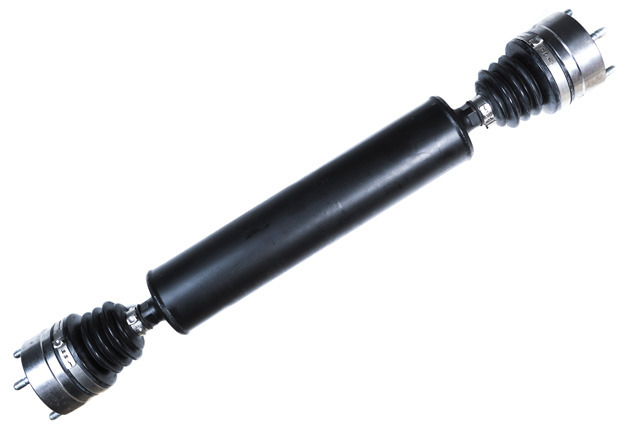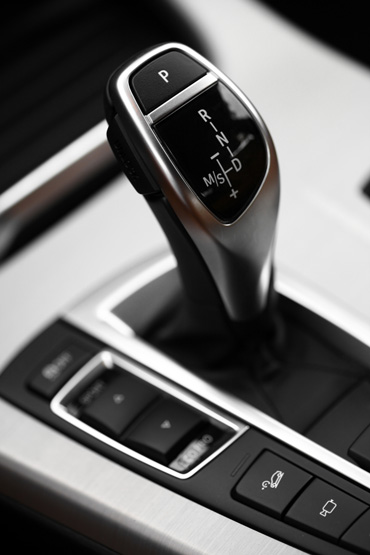Your vehicles transmission and driveline components are designed to transmit engine power to your car wheels smoothly and efficiently.
All transmissions the power is transmitted to the differential and through driveshafts (and a transfer case in 4wd vehicles) transmit the power to your road wheels.

Standard Hydraulic Automatic Transmissions
These are the most common automatic transmission which uses hydraulic fluid to operate clutches and gears, and uses a torque converter to transmit power from the engine to the gearbox.
Widely reported experience with sealed for life automatic transmissions that the manufacturers say do not require fluid changes which makes it more attractive for new car buyers, as it seems to reduce maintenance costs. However wide experience has shown that if the fluid is not regularly changed a percentage of transmissions will fail between 150 - 200,000kms which will require rebuild or replacement.
When the transmission fluid is heated and cooled over time it breaks down and your lubrication protection is reduced. This causes very small/microscopic metal particles and clutch material to be worn away from your components which will circulate in your transmission reducing your filter effectiveness.
This causes even more wear and partial blockage of fluid passages or even component breakages. Over time your transmission will not shift as smoothly and may develop problems. If it is not too worn or has not broken components, it may possibly be rectified with a new fluid change or a total fluid flush - which replaces most of your transmission fluid (not just 50%). It may also be leaking fluid, in which case if this is not rectified could fall below minimum level. In the above cases it may also be damaged beyond in car repair, and the only option is to rebuild it or replace it which costs thousands of dollars.
If you want to save money in the long run you should change auto transmission at or before 100,000 kms then every 50,000 kms or four years whichever is sooner.

Direct shift Transmissions (DSG and S-Tronic)
DSG transmissions work similar to a manual gearbox (a lot more complex as they usually use 2 internal shift selectors) except the clutch and gear changes are carried out be a computer with hydraulic solenoids (mechatronics unit), which move mechanical linkages for operating the gears selection and clutch packs. These can suffer from the same problems as standard automatic transmissions if fluid is not changed on time or is leaking.
The fluid should be changed on these every 60,000 kms or 4 years (whichever is sooner) or earlier if the manufacturer recommends.
Constantly Variable (CVT) Transmissions
These transmissions usually rely on steel belts which vary the gear ratios on a cone mechanism, and have automated clutch packs to assist taking off from standstill. They may be named CVT, Multitronic and other trade names.
These can suffer from the same problems as standard automatic transmissions if fluid is not changed on time or it is leaking.
The fluid should be changed on these every 60,000 kms or 4 years (whichever is sooner) or earlier if the manufacturer recommends.
Manual Transmissions
The simplest of transmissions - using synchronized gears which you change manually, and uses a manual clutch. The clutch is operated by a foot pedal which connects to the clutch unit via either a cable or a hydraulic cylinder.

Over time microscopic metal fragments mix with your transmission oil and increase wear (there is no oil filter). We recommend changing the oil in your manual transmission every 50-100,000 kms or 4 years (unless recommended more often by the manufacturer, and the clutch fluid if applicable every 2 years. The clutch assembly should last 80-200,000 kms depending on model and how you use your clutch has been used.
If you gears don’t change easily your gear linkages may be worn and require replacement or an internal problem with the transmission – this is also the case if the transmission is noisy. It may also be leaking oil, in which case if this is not rectified could fall below minimum level, which would then damage your transmission. If your clutch is slipping when you accelerate, or making noises when you press the clutch pedal, it is time to get it replaced. If the clutch is not working when you press the pedal you may have a hydraulic or mechanical linkage problem.
When we inspect your vehicle we will report to you any problems we discover in your transmission components and recommend rectification if needed.
Differential & (transfer case 4wd models only)
Differential connects the output of your gearbox to your wheels via drive shafts. Depending if your models they are either in the front (for front wheel drive cars) in the rear (or rear wheel drive cars), or front and rear for 4wd vehicles (which also have a transfer case – to distribute the drive load between front and rear) Over time microscopic metal fragments mix with your differential/transfer case oil and increase wear (there is no oil filter). We recommend changing the oil in your differential and transfer case (if applicable) every 50-100,000 kms or 4 years (unless recommended more often by the manufacturer).
Faults with your differential and transfer case could be oil leaks, noise, vibration and broken gears which would lead to total failure, where you most likely have to have your car towed to get it repaired.
Drive shafts

Most modern drive shafts are sealed and do not require maintenance however they can wear - usually because of a broken rubber boot, which lets the lubricating oil out of the constant velocity (CV joint). This will cause the joint to wear and when it is badly worn you will hear clicking when you go around corners – which will then require replacement.
Drive shafts in rear and 4WD vehicles also have universal joints and couplings which may cause vibration and noise when they are worn.
When we inspect your vehicle we will report to you any problems in your driveline components and recommend rectification if needed.


